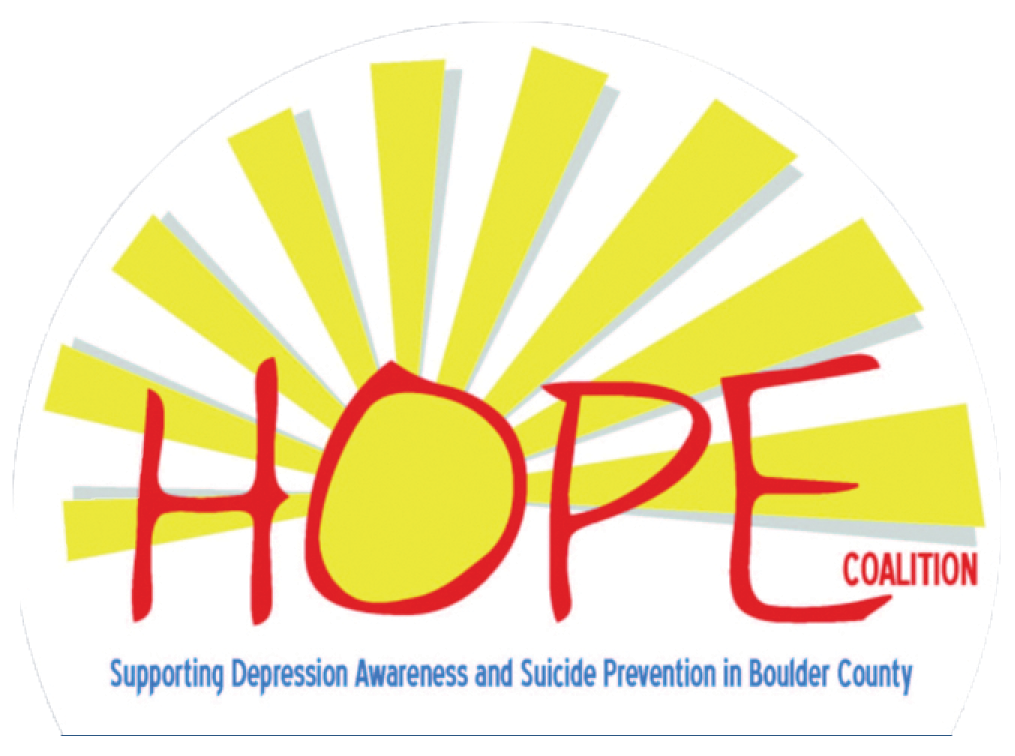 A Mother’s Lament: TEN Things I Wish We Had Known that could have prevented the suicide of our son
A Mother’s Lament: TEN Things I Wish We Had Known that could have prevented the suicide of our son
1. PHYSICAL OR EMOTIONAL TRAUMA CAN TRIGGER BIOLOGICAL DEPRESSION. Our son sustained a serious football injury at CU which necessitated an invasive spinal surgery. In retrospect, I believe this was the trigger for a slow, insidious depression that he was able to mask until the end. While the athletic department appeared to take great care in securing excellent medical attention for his physical injuries, I have no knowledge of my son ever receiving mental health counseling as a necessary component to his recovery.
2. ATHLETES ARE AT A HIGH RISK OF DEPRESSION.
“For many athletes who define themselves by their role as an athlete, an injury can be devastating. Some attributes of athletics and competition can make it extremely difficult for student-athletes to obtain help. They are taught to “play through the pain,” struggle through adversity, handle problems on their own, and “never let your enemies see you cry.” Seeking help is seen as a sign of weakness, when it likely should be recognized as a sign of strength.”(Margot Putukian, M.D., Director of Athletic Medicine, Princeton University.)
3. SELECTIVE PERCEPTION.
The “Elephant in the Room” theory. Simply put…a child can be exhibiting obvious signs of depression, but unless the parents consciously choose to stop and pay attention, they may see the signs but not recognize or acknowledge them due to overriding diversions in their busy lives.
4. AVOIDANCE.
Ignoring the subject. A critical mistake I made was not discussing suicide with my sons before tragedy struck our own family. When they each had lost friends to suicide 7 & 10 years previously, the concept of suicide was so foreign and horrific to me that I could not even utter the words. I thought that if I did, then it could become a reality. What happened is that by avoiding a discussion about suicide with my boys, I did not have the conversation that could have made the difference. But I didn’t know how. I did not have the tools to explain to my boys that suicide is a permanent solution to a temporary problem. And the result was that by avoiding this painful subject, I didn’t avoid tragedy at all. I allowed it.
5. IT’S ALL ON THE INTERNET.
Websites exist with all the explicit details of how to suicide. A depressed person, who, in a moment of despair, searches the web for help, may instead find the impetus, in an impulsive moment, to end his or her own life. All parents should know how to check the computer to read the history list of websites their child is visiting and if they see the word suicide, know how to get help immediately without hesitation. This is an emergency that can’t be handled alone.
6. THE AFTERMATH.
No one speaks about the aftermath of suicide; the indescribable agony and utter devastation that is left behind. And, therefore, parents don’t attempt to explain to their children what a parent might feel if, God forbid, they lost a child. In our society of endless media coverage of war and upheaval, we are conditioned to believe that when disaster occurs, that time heals, people get over it and life goes on as before. Our kids believe this and I use to believe this too. But now I know the hard reality. That shame and grief prevent mothers with broken hearts from telling others. That healing from losing a child is an absolute, unequivocal and utter fallacy. Had I any concept of this before…had any of the mothers whom I knew that had lost children to suicide explained this to me…and I had the courage to discuss such a painful subject with my son…so that he heard it from his own mother… I believe it could have made an impression on him so that he would have chosen life.
7. AFTER GRADUATION FROM COLLEGE, THEY’RE HOME FREE.
On the contrary, ages 21-25…the transition period from college into the real world…also known as the Quarterlife Crisis, are high risk for depression…and yes, suicide.https://en.wikipedia.org/wiki/Quarter-life_crisis
8. MOTHER’S MUST TRUST THEIR INTUITION.
I, as a mother, have a sixth sense about my children. I have to ALWAYS trust this heightened awareness over whatever anyone else tells me, no matter how much I value their opinion.
9. HOW TO INTERVENE IN AN EMERGENCY.
Forget about shame, embarrassment or people getting angry with you. Know exactly and precisely how to get immediate help…BEFORE there is a crisis.
10. DON’T HEDGE!
One instant’s hesitation can make the difference between the right decision to get help for your child and a false emergency. Truly, this moment of deliberation can make all the difference between life and death. This, I know to be true.
Download this as a PDF and Share…
*NOTE:The links in this PDF are no longer active, please use the links below for the articles.*
Injured Athletes and the Risk of Suicide PDF
NCAA: Mind, Body and Sport: Suicidal tendencies
